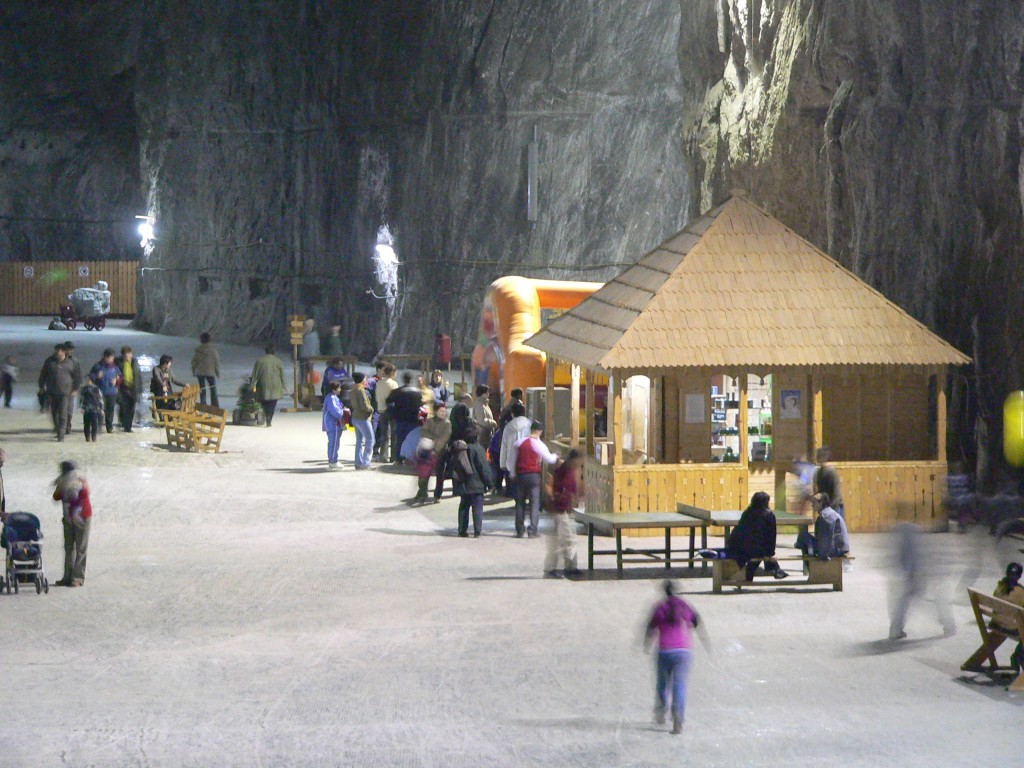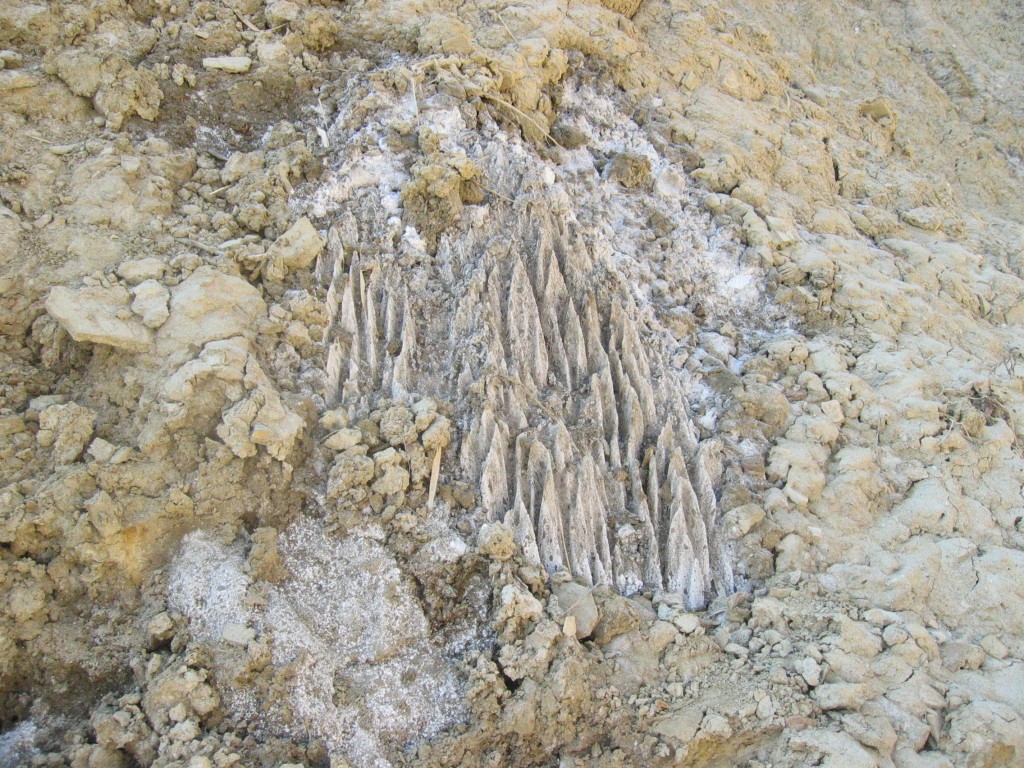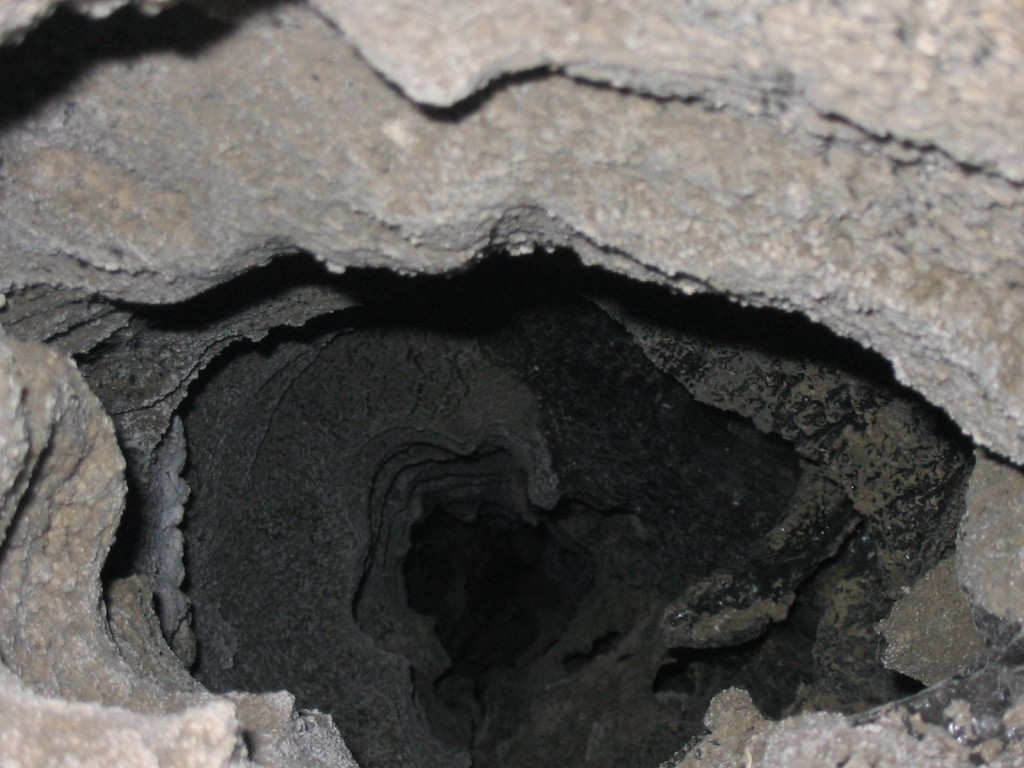We spoke to Gyorgy Deak from ProSal about what he learned from the actions and study visits which were part of the CASC project and asked him about what policy recommendations he would like to make for the future.
Are there any existing policies or objectives which you would like to change, and why?
In my country, I would like more concern for the actions of the authorities to disseminate science, outside school curriculum, such as the Interactive Science Café. I think the pilot project held in the underground salt mine has proven that the general public is interested to learn more about the progress of science in a friendly manner, customised to the presence of a scientist who can offer him more than a message sent through the media.
What policy would you most like to see in place in the future?
A policy of openness to the public, giving it a real access to information, in a closer manner of perception for people with an average or less level of education.
What made the biggest impression on you during the project?
Direct contact scientist-to-public. The interest shown by participants in the three pilot actions of the CASC Project: Science in the News, Science in My Life, and The Underground Science Café. Dissemination of science in a personalised way to The Underground Science Café.
How do you think the way science is represented in the news affects how the public engages with scientific matters?
Differently, depending on receptor, audience, and level of understanding of information. My question is: how can I transmit this information to the public who is not interested in news?
What do you think the project has done to help celebrate science and scientists?
The project helped to create a “bridge”, the channels of direct communication from scientist to ordinary public, disseminating science among people, bringing down barriers created by lack of understanding due to the differences of level of education.
What methods do you think are most useful for communicating science information? Is there a danger that people can be disengaged due to jargon or ‘science speak’?
I believe that the custom action type Science cafes are very suitable for adult persons with low education and information.
What did you learn from the study visits? What examples of best practice did you come away with?
The study visit to Cyprus conclusions:
- it requires a better understanding of the partner, who is the host, before the visit
- the students’ motivation to get high results for extracurricular activities is the same, regardless the administrative boundaries (e.g. Theatre Mathematical Competition, 2010 edition)
- it was a good opportunity to find the concerns and approaches of our homologous in environmental issues, affected by industrial activities, visiting the Cyprus University of Technology (Limassol).
To learn more about the Praid Salt Mine in Romania you can watch the video below which gives a glimpse inside the salt mine during the Underground Science Cafe event. You can find out more information about the mine, its history and its geology here.



